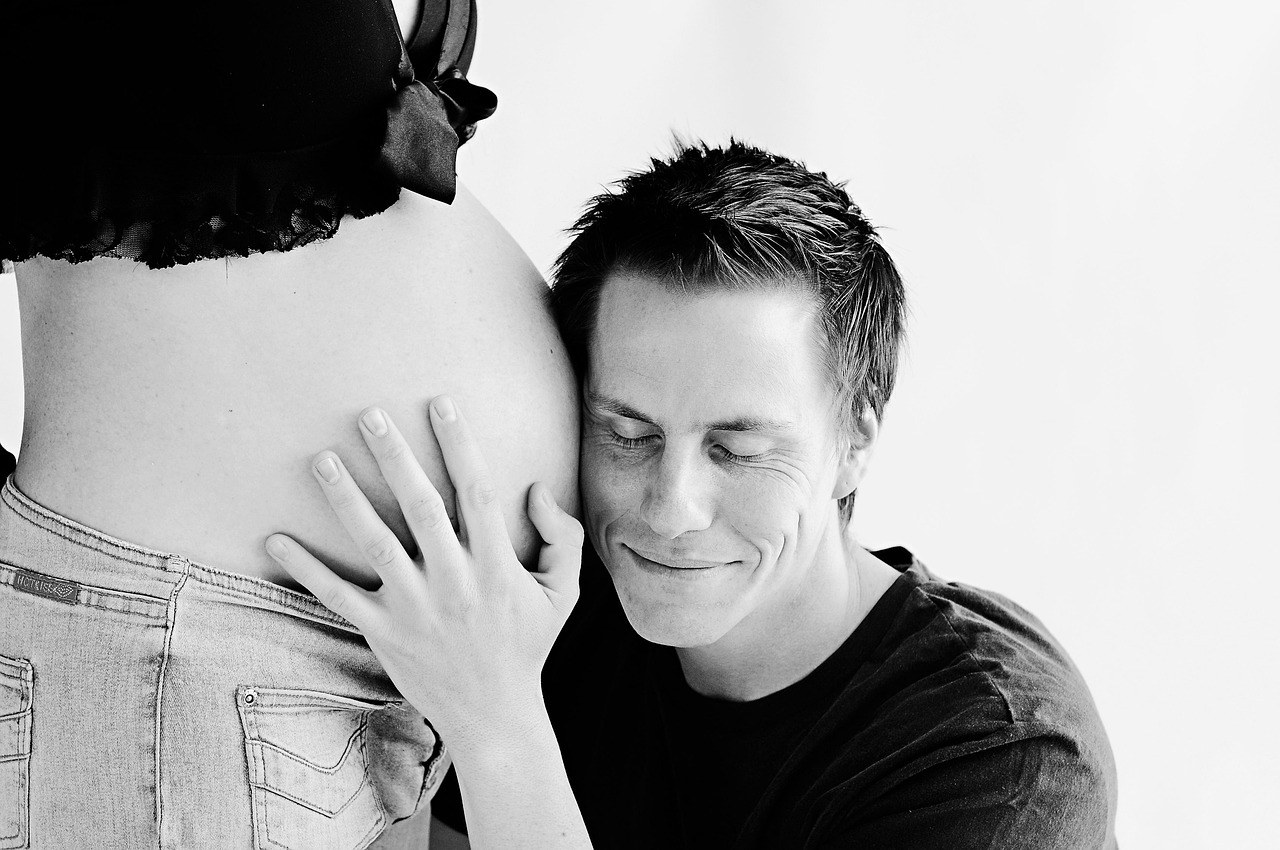Defining cheating in a relationship can be an extremely subjective matter. What one person considers an act of betrayal, another might view as harmless. Some see cheating as sexual infidelity, while others focus on emotional connections or intimate gestures like kissing. But how do you feel about cuddling? Could something as simple as a hug-like gesture cross the line? These blurred boundaries can make it difficult to pinpoint what exactly constitutes cheating-especially when emotions and intentions are involved.
To some, cuddling might seem innocent, but to others, it could carry more weight. The question of whether cuddling is cheating depends largely on the emotions tied to it. While a hug can be a fleeting and comfortable gesture, a cuddle typically involves deeper emotional ties. It’s not just about physical contact; it often reflects a more profound level of affection and connection. So, when asking if cuddling can be considered cheating, it’s important to assess whether there’s an emotional component behind it.
For many couples, cuddling is a comforting way to bond, especially in the mornings or at night before sleep. It’s a simple but intimate act that promotes emotional well-being by releasing feel-good hormones. But what happens when one partner shares that same intimacy with someone outside the relationship? Would that be acceptable, or would it be perceived as a betrayal?

Ultimately, it all comes down to personal views and relationship dynamics. For some, cuddling might not be a dealbreaker, but for others, it could lead to feelings of distrust. It’s a complex issue, and there’s no one-size-fits-all answer. To me, while cuddling may not be outright cheating, it raises red flags and makes me question the nature of the connection involved. It’s a physical expression of emotional closeness that is often reserved for someone significant.
One of the most challenging aspects of cheating is that it lacks a clear definition. What one person might consider cheating-such as an emotional affair or physical touch-might not even register as a betrayal to another person. In some relationships, kissing or sexual acts may be seen as the only true forms of cheating, while others consider texting, flirting, or even spending time with someone else intimately as acts of infidelity.
So, when discussing what constitutes cheating in a relationship, it’s essential for both partners to establish their own boundaries and communicate openly. There’s no room for ambiguity in such sensitive matters. If one partner feels uncomfortable with the level of intimacy another person is receiving, it’s important to address that feeling. Ignoring these feelings only leads to confusion and hurt feelings down the line.

If you were to find your partner in a cuddling situation with someone else, how would you react? Would you be upset and question the nature of their relationship? Or would you shrug it off as no big deal? These are questions worth considering before you find yourself in that position. It’s crucial to have an open dialogue with your partner about what both of you consider acceptable in terms of intimacy with others.
When talking about cheating, it’s essential to remember that things may not always be as they seem. Sometimes, what feels like an emotional betrayal might stem from a misunderstanding or unmet needs within the relationship. For instance, my own experience with infidelity taught me that while certain behaviors might hurt initially, they don’t always signal the end of a relationship. Sometimes they are a wake-up call to reassess the connection and address underlying issues.
Ultimately, if you’re struggling with the idea of cuddling being cheating, it’s important to understand your own feelings and communicate them. The uncertainty that comes with emotional and physical boundaries can be overwhelming, but by discussing these concerns openly, you can avoid feelings of doubt and confusion. Understanding how both you and your partner view intimacy-and whether cuddling fits into that definition-is the key to ensuring that no boundaries are crossed without mutual understanding.

In conclusion, while cuddling might not be considered cheating in the strictest sense, it’s crucial to consider the emotional investment behind it. If your partner is emotionally connected with someone else, even through something as simple as cuddling, it could signal an issue that needs to be addressed. Every relationship is different, and the most important thing is to define your own boundaries and communicate them clearly with your partner to avoid future misunderstandings.
Even though boundaries are essential, nothing in relationships is ever entirely predictable. Sometimes, the way you feel about something changes over time, and your perspective may shift in ways you can’t anticipate. The key is to be open to understanding your own emotions and navigating situations as they come-especially when it involves something as delicate as intimacy.
The Complexity of Emotional Boundaries
Understanding where to draw the line on emotional boundaries can be complicated. A hug is a brief moment of comfort, but a cuddle holds a different weight-one that often involves feelings beyond simple affection. It’s about the deeper emotional connection that may be formed or reinforced when two people share that kind of physical closeness. That’s why the question of whether cuddling is cheating cannot be answered universally-it depends on the emotional context surrounding it.
If you and your partner haven’t had an open discussion about where you both stand regarding physical intimacy with others, it’s important to do so. Avoiding these difficult conversations might leave both of you unsure of each other’s expectations, leading to misunderstandings or even emotional distance. Whether cuddling is a form of cheating or not largely comes down to individual perspectives, and those perspectives can only be aligned through clear and honest communication.
Emotional Connections and Their Role in Cheating
One thing to consider when asking if cuddling is cheating is the emotional connection that comes with it. A simple physical act can become something more significant when emotions are involved. If you feel that your partner shares intimate moments with someone else that involve a deeper emotional connection, it’s natural to feel hurt or betrayed. While cuddling might seem like an innocent act, the feelings behind it can make it complicated. As with any act of intimacy, it’s the emotional component that truly determines whether it crosses the line.